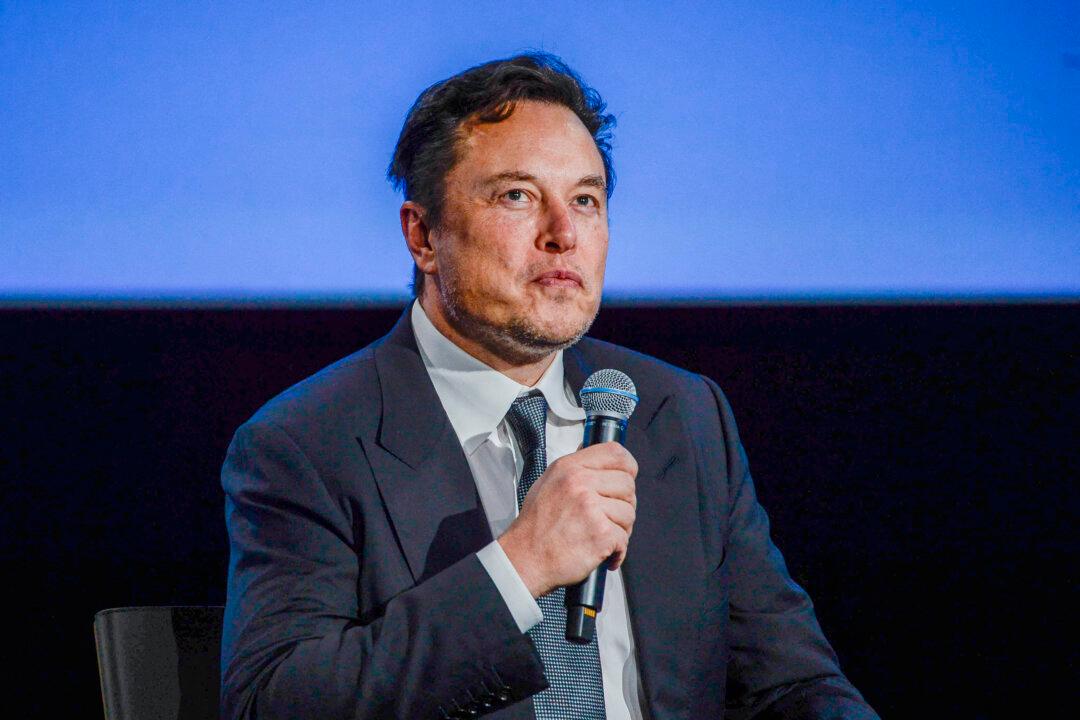After Elon Musk said Taiwan could be made into “a special administrative zone” under the Chinese regime’s control, he was praised by Beijing, but Taipei had a different response.
Neither Taiwan nor any other country would accept a proposal to change a democratic country into a special administrative region of an authoritarian-led country to benefit corporate investment, Taiwan’s Mainland Affairs Council stated on Oct. 9, according to Taiwan’s Central News Agency.




